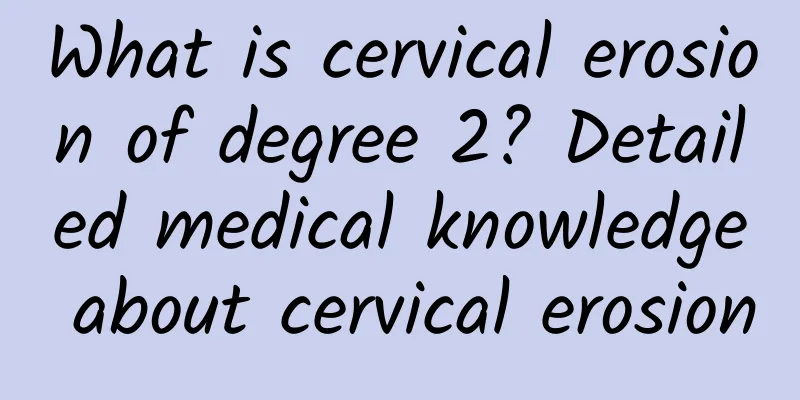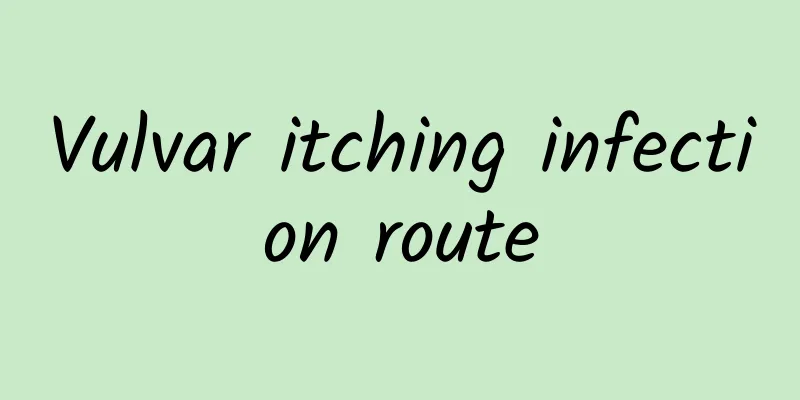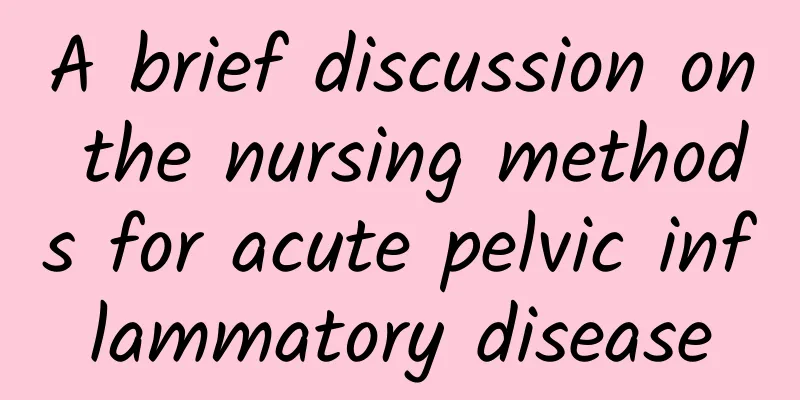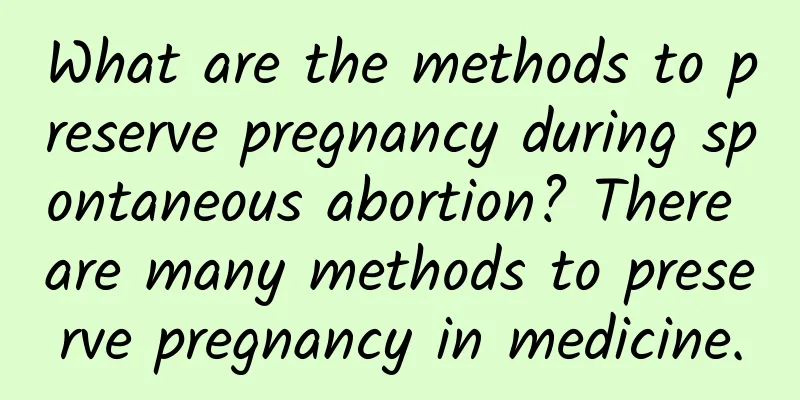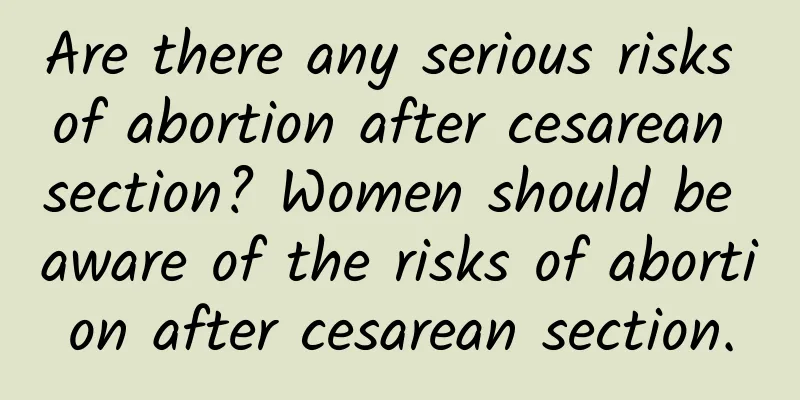Right ovarian cyst, what is the cause of pregnancy
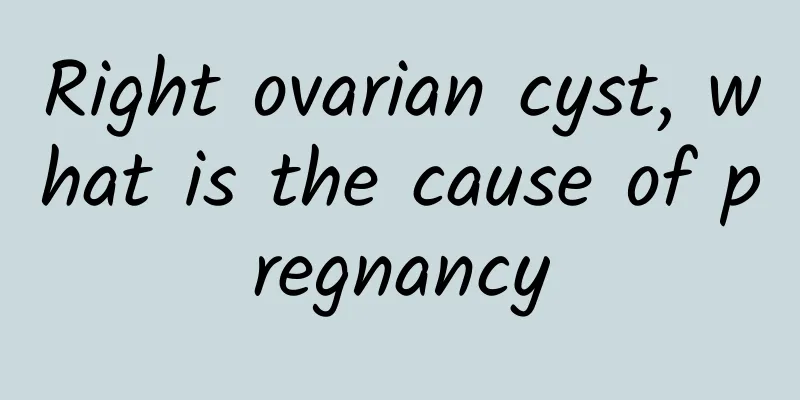
|
Right ovarian cysts during pregnancy are often related to changes in hormone levels, the body's internal environment, or pathological problems. It is necessary to specifically determine the nature of the cyst and manage it symptomatically. Cysts are usually divided into two categories: physiological and pathological. Some physiological cysts do not need to be treated during pregnancy, but pathological cysts may require intervention. 1. Possible causes a. Physiological cysts: It is common to have corpus luteum cysts during pregnancy. Corpus luteum cysts are caused by the failure of the corpus luteum to be absorbed in time after ovulation. It is a common physiological change and usually does not affect pregnant women and fetuses. Most of them can disappear on their own. b. Pathological cysts: In some cases, right ovarian cysts may be pathological changes such as endometriosis cysts, serous cysts or mucinous cysts. These cysts may be caused by one's own physical constitution, hormone levels or other pathological problems, and may require further evaluation, such as whether there is a risk of malignant transformation. c. External factors: including improper diet, excessive stress or long-term irregular work and rest schedule of pregnant women, which may affect ovarian function, leading to cyst formation or aggravating existing cysts. 2. How to deal with and manage a. Regular prenatal check-ups and imaging examinations: If an ovarian cyst is found during pregnancy, regular B-ultrasound or MRI examinations should be performed to monitor whether the cyst continues to grow. Most corpus luteum cysts do not require treatment, but pathological cysts require vigilance against emergencies such as torsion and rupture. b. Conservative treatment with drugs: For some cases with obvious symptoms or small cysts, the doctor may prescribe appropriate pregnancy medications to help regulate hormone levels and reduce the impact of cysts. Commonly used drugs include progesterone tablets or insulin-sensitive regulating drugs, but the medication must be followed. c. Surgical intervention: If the pathological cyst is larger than 6 cm and has obvious malignant potential, or causes great pressure, laparoscopic surgery can be performed to safely remove the cyst during the second trimester, usually 15-20 weeks. This method is also intended to protect the development of the fetus. d. Diet and lifestyle management: Pay attention to a high-protein, low-fat diet during pregnancy, and avoid hormone-disrupting foods; maintain a regular schedule, relax, and strengthen the body's ability to regulate. The treatment of right ovarian cysts during pregnancy depends on the specific situation. Physiological cysts usually do not require special treatment, while pathological cysts may require further examination and treatment intervention. It is recommended to monitor regularly and follow the doctor's instructions to ensure the safety of mother and baby and prevent possible complications. |
<<: What medicine should I take to treat cervical cysts and ovarian cysts?
>>: How many days does it usually take for a miscarriage to be completely clear?
Recommend
Can I get pregnant with cervical and intrauterine adhesions?
Cervical and intrauterine adhesions may affect pr...
Why Polycystic Ovary Syndrome
Polycystic ovary syndrome is a common disease cau...
Key points of expert consensus on hyperprolactinemia
For a disease like hyperprolactinemia, the probab...
What are the common early symptoms of cervicitis?
What is cervicitis? What are the early symptoms o...
How can female friends prevent the occurrence of adnexitis?
How can women prevent adnexitis? As a common gyne...
How long will the pain last after taking miso? Everyone's actual situation is different.
Misoprodol is a relatively common drug for medica...
Experts introduce preventive measures for women to prevent menstrual disorders during menstruation
Menstrual disorders are a physiological phenomeno...
The cause of hereditary vulvar leukoplakia is mainly atrophic
Experts say that vulvar leukoplakia has caused ha...
Symptoms of ovarian cysts
Ovarian cysts are common tumors of the female rep...
What are the maintenance methods after ectopic pregnancy surgery?
Although ectopic pregnancy is not a normal pregna...
What you need to know before abortion
Abortion is the best way to terminate pregnancy. ...
Several better methods of treating uterine fibroids
Uterine fibroids are a gynecological disease that...
How to take care of women after abortion? There are eight major hazards of abortion for women.
Many women get pregnant unexpectedly, but when th...
Will cervicitis affect fertility? 4 steps to treat and care for cervicitis in women
The uterus is particularly important to women. Du...
What are the main nursing measures after painless abortion?
What are the main nursing measures after painless...




